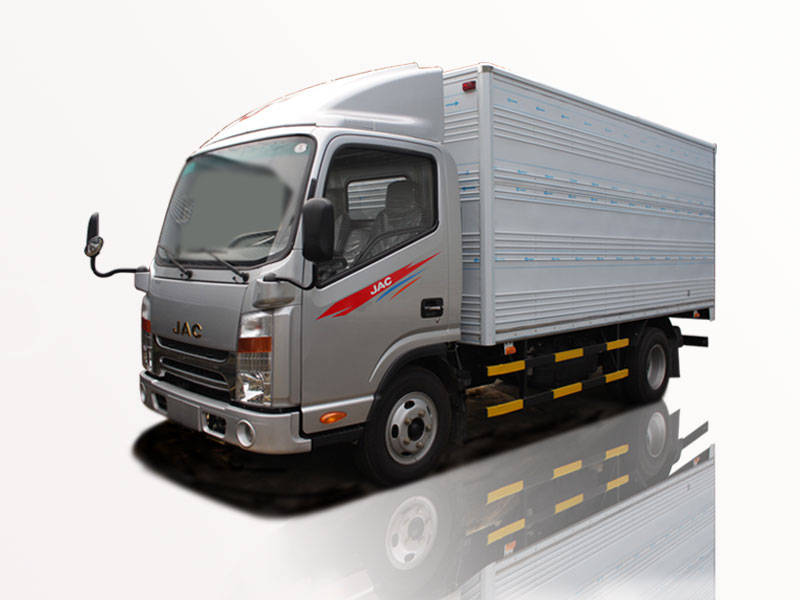Waste management is an essential part of maintaining clean and healthy communities. At the heart of this process are garbage trucks, the vehicles responsible for collecting and disposing of waste. This article delves into the diverse functions of garbage trucks, their types, operations, and the vital role they play in reducing our environmental footprint. Get ready to explore the inner workings of garbage trucks in action!
Table of Contents
- 1. The Importance of Garbage Trucks
- 2. Types of Garbage Trucks
- 3. How Garbage Trucks Operate
- 4. Technology in Garbage Trucks
- 5. Environmental Impact of Garbage Trucks
- 6. Best Practices for Waste Disposal
- 7. Frequently Asked Questions
1. The Importance of Garbage Trucks
Garbage trucks are crucial for urban cleanliness and environmental health. They help manage waste by efficiently collecting disposal items from residential, commercial, and industrial areas. This section examines why garbage trucks are indispensable.
1.1 Health and Sanitation
Proper waste disposal helps minimize the risks of disease transmission. Garbage trucks help keep communities safe by collecting potentially hazardous waste regularly.
1.2 Environmental Preservation
Landfills can cause soil and water contamination. Through efficient garbage collection, trucks play a significant role in reducing landfill overflow and promoting recycling efforts, ultimately protecting nature.
1.3 Aesthetic Appeal
Regular garbage collection contributes to the visual appeal of neighborhoods. Clean streets can enhance property values and community pride among residents.
2. Types of Garbage Trucks
There are several different types of garbage trucks, each designed for specific waste collection purposes. Understanding these variations can provide insights into how waste management operates.
2.1 Rear Loader Garbage Trucks
These trucks have a rear-loading mechanism, which allows operators to collect waste from the back of the vehicle. They are commonly used for residential garbage collection.
2.2 Front Loader Garbage Trucks
Front loaders are designed for commercial waste collection. Their front-loading arms make it easy to pick up dumpsters.
2.3 Side Loader Garbage Trucks
Equipped with a compactor and side-loading capability, these trucks are efficient for collecting waste from narrow streets.
2.4 Compactor Trucks
Compactor trucks compress waste to maximize load capacity. This feature is especially useful for long-distance transportation to landfills.
3. How Garbage Trucks Operate
The operation of garbage trucks involves several key processes to ensure effective waste collection.
3.1 Route Planning
Garbage collection routes are strategically planned. These routes often prioritize areas based on waste generation patterns and traffic conditions.
3.2 Waste Collection Process
Waste collection typically begins early in the morning. As they navigate through neighborhoods, garbage trucks utilize their loading mechanisms to collect waste bins and containers.
3.3 Post-Collection Procedures
Once collection is complete, trucks transport waste to designated facilities for sorting, recycling, or disposal. This process plays a crucial role in effective waste management.
4. Technology in Garbage Trucks
Modern garbage trucks are equipped with advanced technology to enhance efficiency and safety.
4.1 GPS and Routing Software
Many garbage trucks use GPS technology to optimize route navigation, reducing fuel consumption and improving collection efficiency.
4.2 Automated Side Loaders
These trucks can operate without human intervention, thanks to robotic arms that lift and empty waste bins directly into the truck. This innovation has increased safety and operational speed.
4.3 Smart Sensors
Smart sensors can monitor load capacity and compaction levels, alerting operators when the truck needs to be emptied, thus avoiding overflows.
5. Environmental Impact of Garbage Trucks
Garbage trucks can have both positive and negative effects on the environment, depending on their operations and the types of fuels they use.
5.1 Emissions and Pollution
Traditional diesel-powered garbage trucks can contribute to air pollution. However, advancements have led to the development of electric and hybrid trucks, which significantly reduce emissions.
5.2 Fuel Efficiency
Innovations in truck design and routing software have improved fuel efficiency, further minimizing the carbon footprint of waste collection services.
6. Best Practices for Waste Disposal
To support garbage trucks in their waste management efforts, residents can adopt effective waste disposal practices.
6.1 Segregating Waste
Promoting recycling and proper disposal, households and businesses should separate recyclables from non-recyclables to reduce landfill waste.
6.2 Proper Container Usage
Using appropriate waste containers ensures efficient collection and reduces spillage. Residents should avoid overfilling bins and ensure lids are closed.
6.3 Community Education
Communities can organize workshops to educate residents about the importance of waste management and how to practice sustainable disposal methods.
7. Frequently Asked Questions
7.1 What are the operational hours of garbage trucks?
Garbage trucks typically operate early in the morning, although schedules can vary based on the city or waste management company.
7.2 How does the sorting process work after collection?
After collection, waste is taken to recycling centers or landfills where it is sorted into various categories (e.g., recyclables, compost, general waste) for proper processing.
7.3 Are there environmentally friendly garbage trucks?
Yes, many cities are transitioning to electric or hybrid garbage trucks to reduce emissions and environmental impact.
7.4 How can residents properly dispose of hazardous waste?
Residents should contact local waste management authorities for guidelines or events regarding hazardous waste disposal to ensure safe handling.
7.5 What types of waste can’t be collected by garbage trucks?
Common items that cannot be collected include large electronics, paint, and chemicals. Residents should check local guidelines for hazardous waste disposal.
7.6 How is waste that cannot be recycled managed?
Waste that cannot be recycled is typically sent to landfills or incineration facilities, with efforts focused on minimizing the volume and environmental impact.
In summary, garbage trucks play an essential role in maintaining public health, environmental conservation, and community aesthetics. By understanding their operations and implementing best practices for waste disposal, we can collectively enhance the efficiency and effectiveness of waste management systems.





